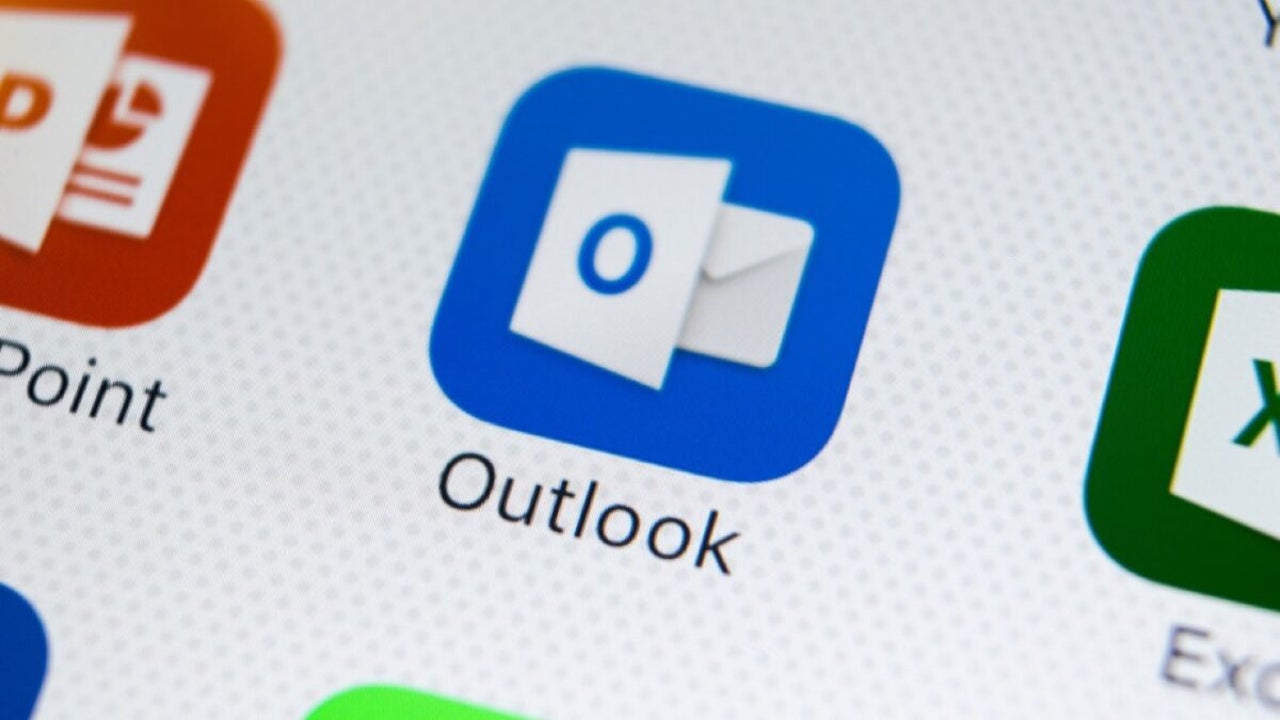News
Microsoft takes on bulk email with new Outlook rules. What does it mean?
Microsoft now rejects bulk emails to Outlook.com without proper SPF, DKIM, and DMARC. Senders must meet new standards or face delivery failure.

- May 11, 2025
- Updated: July 1, 2025 at 9:40 PM

Microsoft has officially started rejecting high-volume emails that fail authentication checks, marking a turning point for bulk senders who target Outlook.com addresses. The move, which affects services like Hotmail and Live, is designed to eliminate spam and spoofing but could also impact legitimate marketers and businesses.
New rules bring zero tolerance for non-compliant senders
If you send over 5,000 emails per day and lack proper SPF, DKIM, and DMARC, Microsoft will now bounce your emails entirely. Until now, non-compliant messages might have landed in the spam folder. Starting today, those emails won’t be delivered at all. This strict enforcement applies regardless of sender reputation or previous delivery success.
Microsoft’s approach is aimed at reducing phishing and identity spoofing, but many legitimate email campaigns are also at risk. Even reputable companies using third-party services are not exempt, as the domain’s DNS configuration must still be correct. Broken unsubscribe links or too many DNS lookups can also trigger rejection.
What senders must do to stay compliant
To avoid being blocked, senders must correctly configure SPF records, DKIM signatures, and publish a valid DMARC policy. All three standards must be aligned, and ideally, both SPF and DKIM should pass to satisfy DMARC requirements. Using only one or having misalignment is no longer acceptable.
Microsoft’s hard stance reflects a broader industry trend. Email providers are prioritizing trust and authenticity. Those who don’t follow best practices won’t just be filtered—they’ll be cut off.
For marketers, this means urgent action is needed to audit and update email infrastructure, ensuring that authentication is bulletproof before the next campaign hits send.
Latest from Agencias
You may also like
 News
NewsThey made over 1 billion dollars in the 80s and now this trilogy of movies is coming to Netflix to take you on an incredible time travel journey
Read more
 News
NewsThe CEO of Nvidia is clear: "China is going to win the AI race"
Read more
 News
NewsAfter making 139 million dollars at the box office, the creator of Chainsaw Man arrives on Prime Video with a very unique anime
Read more
 News
NewsDemonstrates that Battlefield 6 can run without enabling TPM
Read more
 News
NewsJennifer Lawrence is taking the critics by storm with her new thriller co-starring Robert Pattinson
Read more
 News
NewsWorld of Warcraft receives a new premium currency that divides the community
Read more